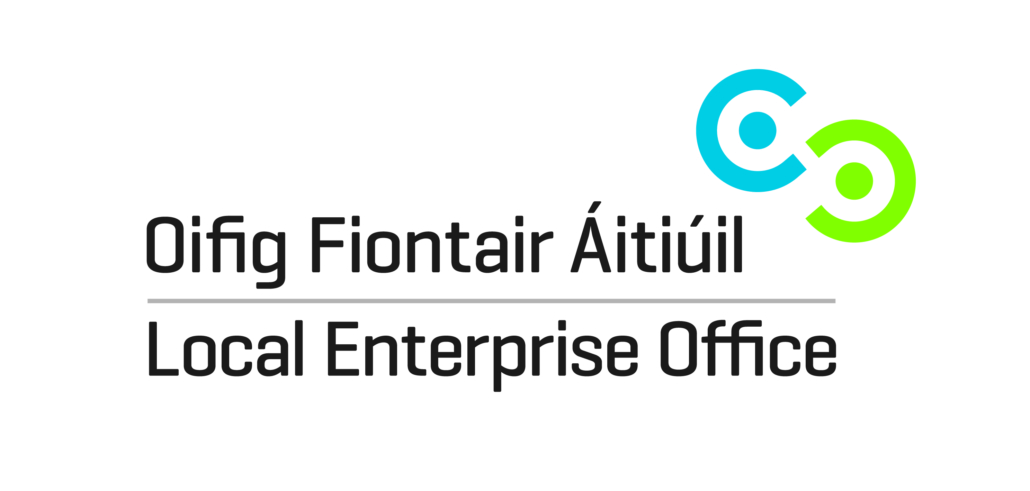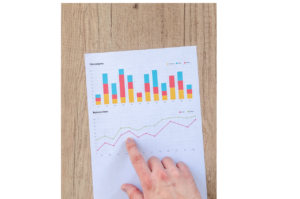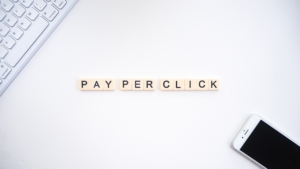We are often asked by clients, “If I am already paying for ads, why should I bother with SEO?”. It’s a fair question, as is the reverse; If you are ranking very strongly in organic search results, is it really worth paying for Ads?
However, investing in both SEO and PPC advertising (also known as SEM) simultaneously can dramatically increase your business’ revenue, traffic and conversions.
First of all, it is important to highlight the differences between organic search (SEO) and paid search (SEM/PPC).

SEO/Organic Search:
Search Engine Optimisation is all about the long-term health of your digital presence and strategy. If you follow SEO best practices, your site is more likely to appear in organic (unpaid) searches.
SEO is the foundation of good SEM (Search Engine Marketing) and when you have them harmonising perfectly, you will drive high-quality traffic and leads as well as improve your site’s conversion rates. SEO incorporates everything from using keywords throughout your site to the User Experience and performance of your site on mobile.
Once you have an SEO-friendly site and sponsored ads that are using the right keywords, you have a better chance of showing up at the top of paid searches. But you need to have your SEO in place in order for Google to see you as a credible website.
SEM/Paid Search:
One of the biggest strengths of SEM is that it can deliver success and growth quickly. If your website/business is reasonably new, you can prioritise your paid search efforts first, as it can take a while for SEO rankings to become established. However, do not ignore your SEO during this process. Think of SEM as a platform to launch your search efforts, and SEO as a way of maintaining a strong and healthy digital presence.
It is important to note that having PPC ads running does not do anything for your site’s SEO. However, by improving your SEO, you can make your PPC costs more efficient.

How Do SEO And SEM Work Together?
In very simple terms, if your organic rankings are strong and your paid efforts are optimised, you will dominate Google’s SERP (Search Engine Results Page).
For example, if your business sells hammers as its main product, prioritise hammers (and associated terms such as “claw hammers”, “mallets” etc.) in your keyword strategy, both in an organic and paid context. What that means is, make sure your site pages are built with your priority keywords in mind. This includes everything from your page content to your alt, image and meta tags, captions, URLs, etc. This will improve your organic search results.
But what’s the point in appearing twice on a search engine page?
Paid search ads help you recover any missed opportunities. A study by Google found that when search ads for a keyword were paused, approximately 89% of traffic generated by these ads were not replaced by the organic rankings. That means that, even if your site is ticking all of the SEO boxes in terms of keywords, it’s very possible that you will be missing valuable traffic and thus, potential customers.
By relying on PPC, you’re recovering clicks and interest from searchers that you might have otherwise missed. Even if you aren’t ranking #1 naturally, PPC can help you draw in traffic from those looking for your products or services, often at a small cost.
Remember, by the time a person is conducting a search on a product, they have more than likely reached the “intent” stage and are asking to be converted. That is why search marketing is so important and so valuable.
Conclusion
While SEM can help deliver fast results, SEO is imperative to building and maintaining a successful digital marketing strategy for your business.
By following SEO best practices, you will not only enhance your chances of ranking organically in search engine results (thus driving free clicks to your site), but it will also lend your site credibility in the eyes of Google (which is the primary search engine used by approximately 81% of the entire web population). This means you will see higher levels of valuable traffic on your site and thus, bring your business to the next level.
Are you interested in Google Ads, SEM or SEO services? Contact us today at info@webresults.ie and talk to our team.





















